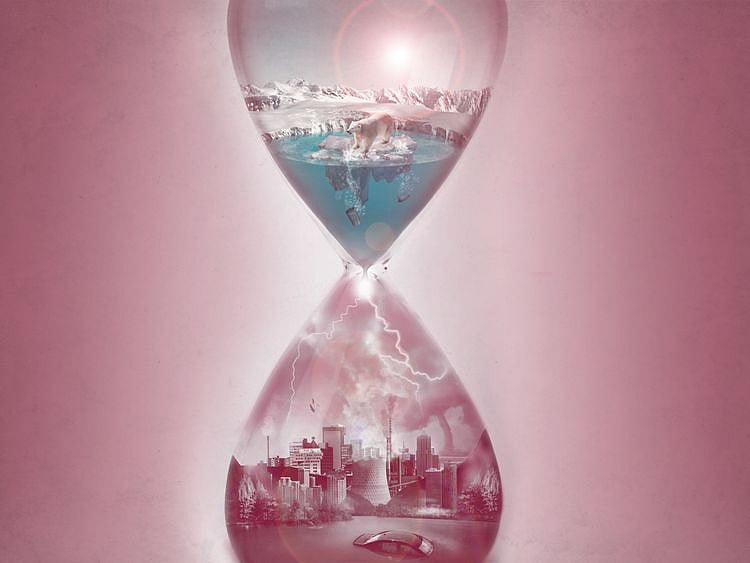Time is running out on climate deal before COP 26 in Glasgow
Gap between the rich and poor nations needs to be bridged at an earliest

Dozens of ministers and climate officials met in Milan, Italy at the weekend, in the final United Nations meeting before the Glasgow summit at the end of this month, billed as the most critical conference to iron out the remaining hurdles to finally strike an agreement on ways to bring down carbon emission suffocating our planet.
The Milan delegates spoke of a new spirit, an encouraging sign that countries, especially industrial powers and the largest developing nations, may finally come to an agreement on mandatory commitment to keep the temperature increases below at the critical 1.5 degrees Celsius.
However, they differ on how to go about that. The officials in Milan are supposed to agree on a practical, sustainable road map before COP26, the 2021 United Nations Climate Change Conference, scheduled to be held in the city of Glasgow, Scotland between 31 October and 12 November. The 1.5C temperature target was set by the 2015 Paris agreement.
Meeting the targets
Scientists have warned the planet cannot sustain a temperature rise more than 1.5C above pre-industrial levels. Most studies, especially those of the UN also indicate that not enough is being done to meet the target. Recent climate report suggest that without a radical change in policies and practices, the world will see a steady rise of 2.7C in world temperature.
The recent weather disasters; unprecedented floods in Europe, wildfires in many countries and earthquakes in unexpected areas all call for urgent actions by all countries, particularly major industrial nations that have yet to implement promises made more than two decades ago.
In 1999, they offered emission cuts of 15 to 23 per cent below that year’s levels by 2020, which are far short of the 25 to 40 per cent cuts scientists and activists say are needed to keep temperature increases below target. But even those pledges are yet to be met. Key Western nations also point a finger of blame at major developing countries such as China, India, South Africa and Brazil for “their slow action” to mitigate emissions.
These countries, as well as other developing nations, blame industrial powers for the slow action on sharing of new technology, to update the traditional factories responsible for most emission impact and the fulfilment of the $100 billion aid, pledged by rich countries to finance pro-climate projects. The money, which was supposed to be paid last year, has yet to arrive.
While the UK, host of the upcoming summit, talks of a progress in Milan, the reality seems to be otherwise. The gap between rich and poor nations continue to be wide, and there is little time before they can bridged before COP26.
Sign up for the Daily Briefing
Get the latest news and updates straight to your inbox
Network Links
GN StoreDownload our app
© Al Nisr Publishing LLC 2026. All rights reserved.